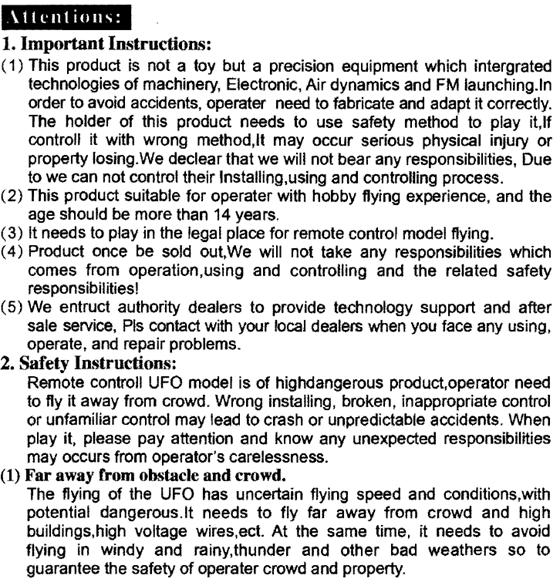Karl Paul Reinhold Niebuhr (June 21, 1892 - June 1, 1971) was an
American theologian, ethicist, public intellectual, commentator on
politics and public affairs, and professor at Union Theological Seminary
for more than 30 years. Also known for authoring the Serenity Prayer,
Niebuhr received the Presidential Medal of Freedom in 1964. Among his
most influential books are Moral Man and Immoral Society and The
Nature and Destiny of Man (Click
for full Wikipedia article.)
-----
A church has the right to set its own standards within its community. I
don't think it has a right to prohibit birth control or to enforce upon
a secular society its conception of divorce and the indissolubility of
the marriage tie.
All social cooperation on a larger scale than the most intimate social
group requires a measure of coercion.
As individuals, men believe they ought to love and serve each other and
establish justice between each other. As racial, economic and national
groups they take for themselves, whatever their power can command.
Change what cannot be accepted and accept what cannot be changed.
Communists are atheistic and godless, but I don't think that that's
what's primarily the matter with them.
Democracies are indeed slow to make war, but once embarked upon a
martial venture are equally slow to make peace and reluctant to make a
tolerable, rather than a vindictive, peace.
Democracy is finding proximate solutions to insoluble problems.
Forgiveness is the final form of love.
Frantic orthodoxy is never rooted in faith but in doubt. It is when we
are unsure that we are doubly sure.
God, grant me the serenity to accept the things I cannot change, the
courage to change the things I can, and the wisdom to know the
difference.
Human beings are endowed by nature with both selfish and unselfish
impulses.
Humor is a prelude to faith and laughter is the beginning of prayer.
It is significant that it is as difficult to get charity out of piety as
to get reasonableness out of rationalism.
Man's capacity for justice makes democracy possible, but man's
inclination to injustice makes democracy necessary.
My personal attitude toward atheists is the same attitude that I have
toward Christians, and would be governed by a very orthodox text: "By
their fruits shall ye know them." I wouldn't judge a man by the
presuppositions of his life, but only by the fruits of his life.
Not necessarily every standard that every church tries to enforce upon
the society is from the society's standpoint a good standard.
One of the most pathetic aspects of human history is that every
civilization expresses itself most pretentiously, compounds its partial
and universal values most convincingly, and claims immortality for its
finite existence at the very moment when the decay which leads to death
has already begun.
Real religion produces the spirit of humility and repentance. It
destroys moral conceit.
Reason tends to check selfish impulses and to grant the satisfaction of
legitimate impulses in others.
Religion, declares the modern man, is consciousness of our highest
social values. Nothing could be further from the truth. True religion is
a profound uneasiness about our highest social values.
Religion is so frequently a source of confusion in political life, and
so frequently dangerous to democracy, precisely because it introduces
absolutes into the realm of relative values.
The final wisdom of life requires not the annulment of incongruity but
the achievement of serenity within and above it.
The individual or the group which organizes any society, however social
its intentions or pretensions, arrogates an inordinate portion of social
privilege to itself.
The inevitable hypocrisy, which is associated with the all the
collective activities of the human race, springs chiefly from this
source: that individuals have a moral code which makes the actions of
collective man an outrage to their conscience.
The mastery of nature is vainly believed to be an adequate substitute
for self mastery.
The more complex the world situation becomes, the more scientific and
rational analysis you have to have, the less you can do with simple good
will and sentiment.
The sad duty of politics is to establish justice in a sinful world.
The separation of church and state is necessary partly because if
religion is good then the state shouldn't interfere with the religious
vision or with the religious prophet.
The society in which each man lives is at once the basis for, and the
nemesis of, that fullness of life which each man seeks.
The stupidity of the average man will permit the oligarch, whether
economic or political, to hide his real purposes from the scrutiny of
his fellows and to withdraw his activities from effective control.
The tendency to claim God as an ally for our partisan value and ends is
the source of all religious fanaticism.
The will-to-live becomes the will-to-power.
There ought to be a club in which preachers and journalists could come
together and have the sentimentalism of the one matched with the
cynicism of the other. That ought to bring them pretty close to the
truth.
To the end of history, social orders will probably destroy themselves in
an effort to prove they are indestructible.
Ultimately evil is done not so much by evil people, but by good people
who do not know themselves and who do not probe deeply.
We Protestants ought to humbly confess that the theater and the sports
have done more for race amity, for race understanding than, on the
whole, the Protestant Church in certain type, in certain parts of the
nation.
We take, and must continue to take, morally hazardous actions to
preserve our civilization.
We have, on the whole, more liberty and less equality than Russia has.
Russia has less liberty and more equality. Whether democracy should be
defined primarily in terms of liberty or equality is a source of
unending debate.
Self-righteousness is the inevitable fruit of simple moral judgments.
A wise architect observed that you could break the laws of architectural
art provided you had mastered them first. That would apply to religion
as well as to art. Ignorance of the past does not guarantee freedom from
its imperfections.
-----
Reinhold Niebuhr is a man of God, but a man of the world as well. Dr.
Niebuhr would seem to be saying that if a nation would survive and emain
free, its citizens must use religion as a source of self- criticism, not
as a source of self-righteousness.
-Mike Wallace
Categories:
Reinhold Niebuhr
Home
KGB Stuff
Commentwear
E-Mail KGB
Donate via PayPal
Older entries, Archives and Categories
Top of page


 ">
">

















